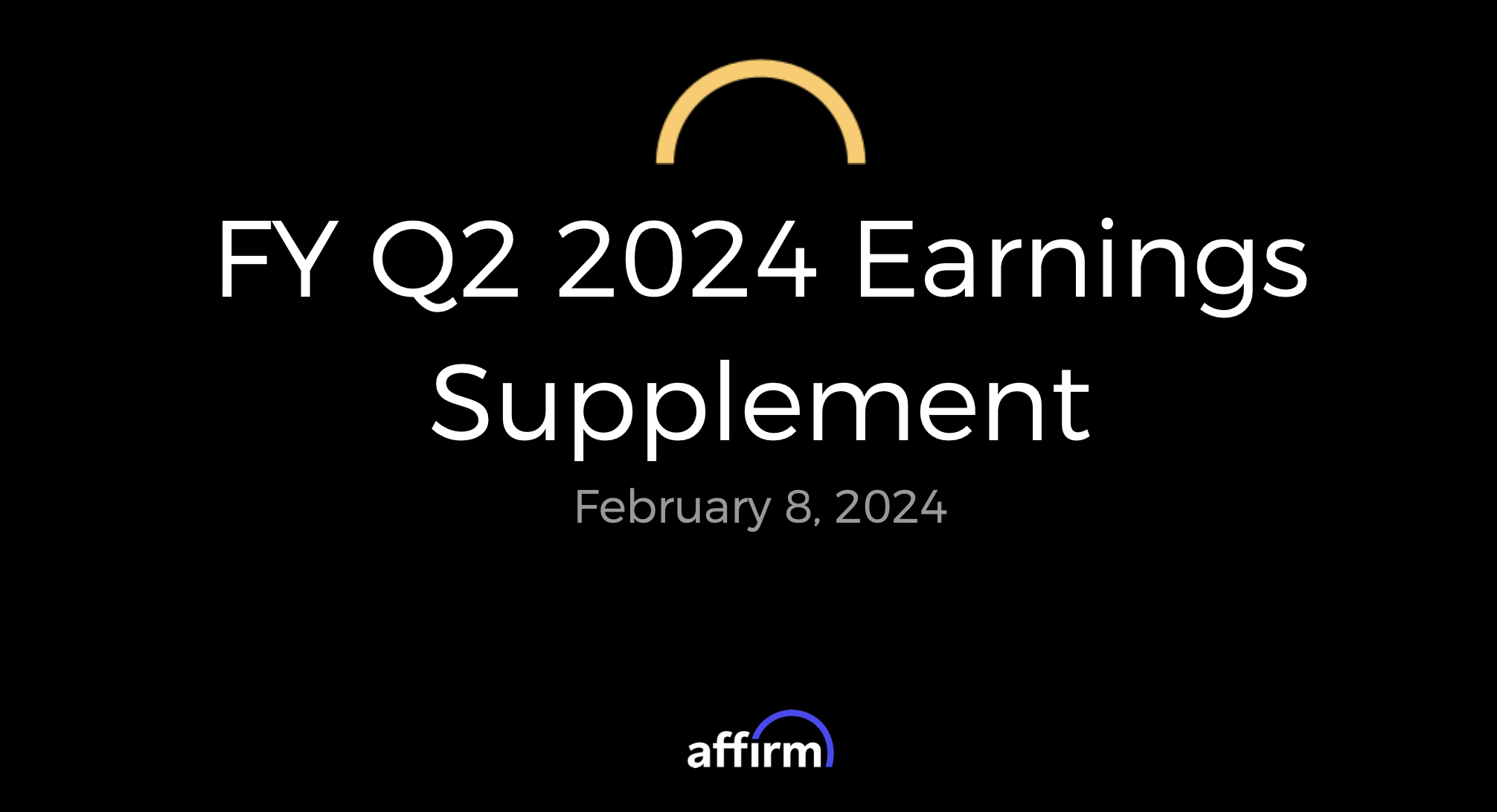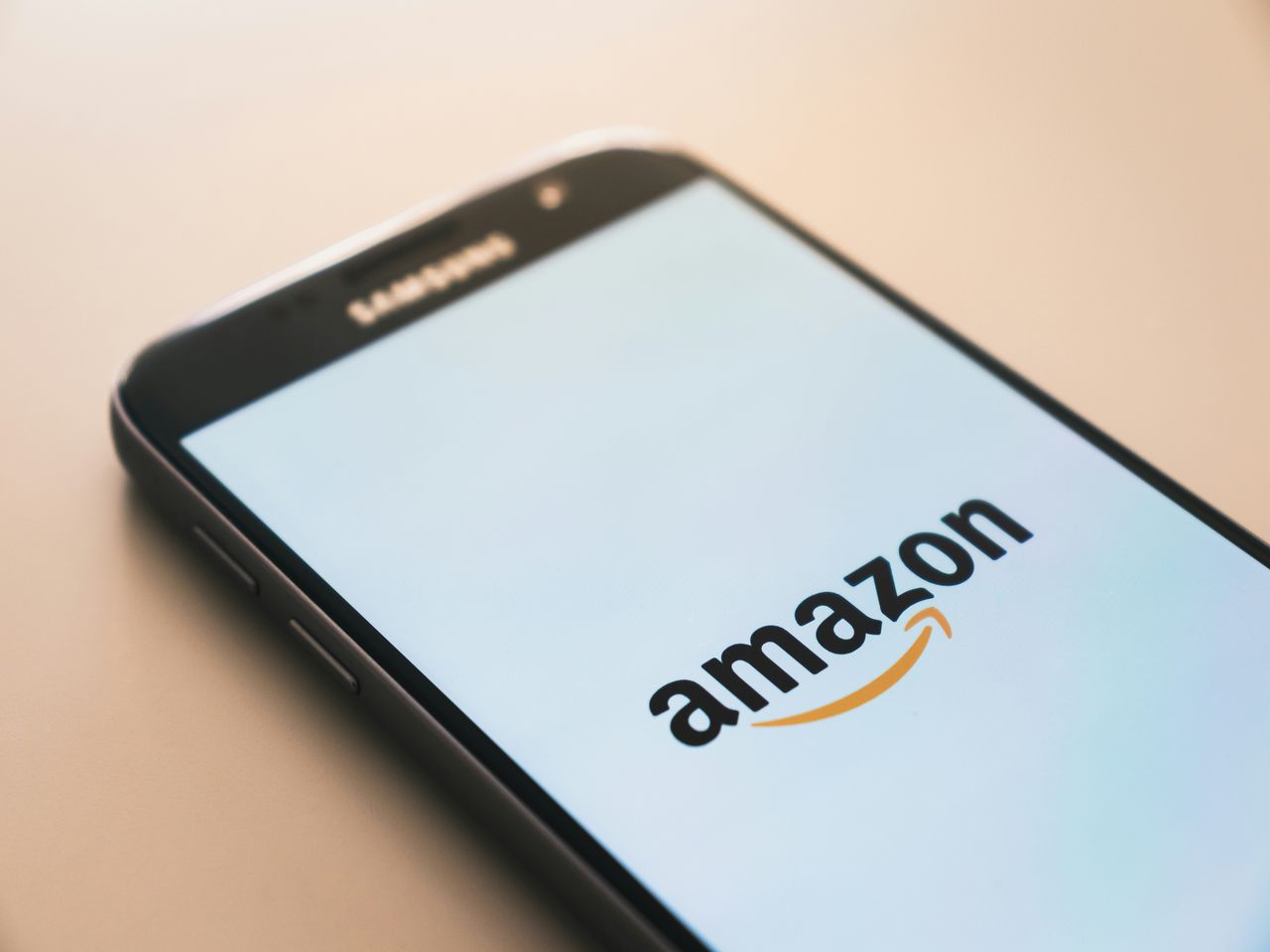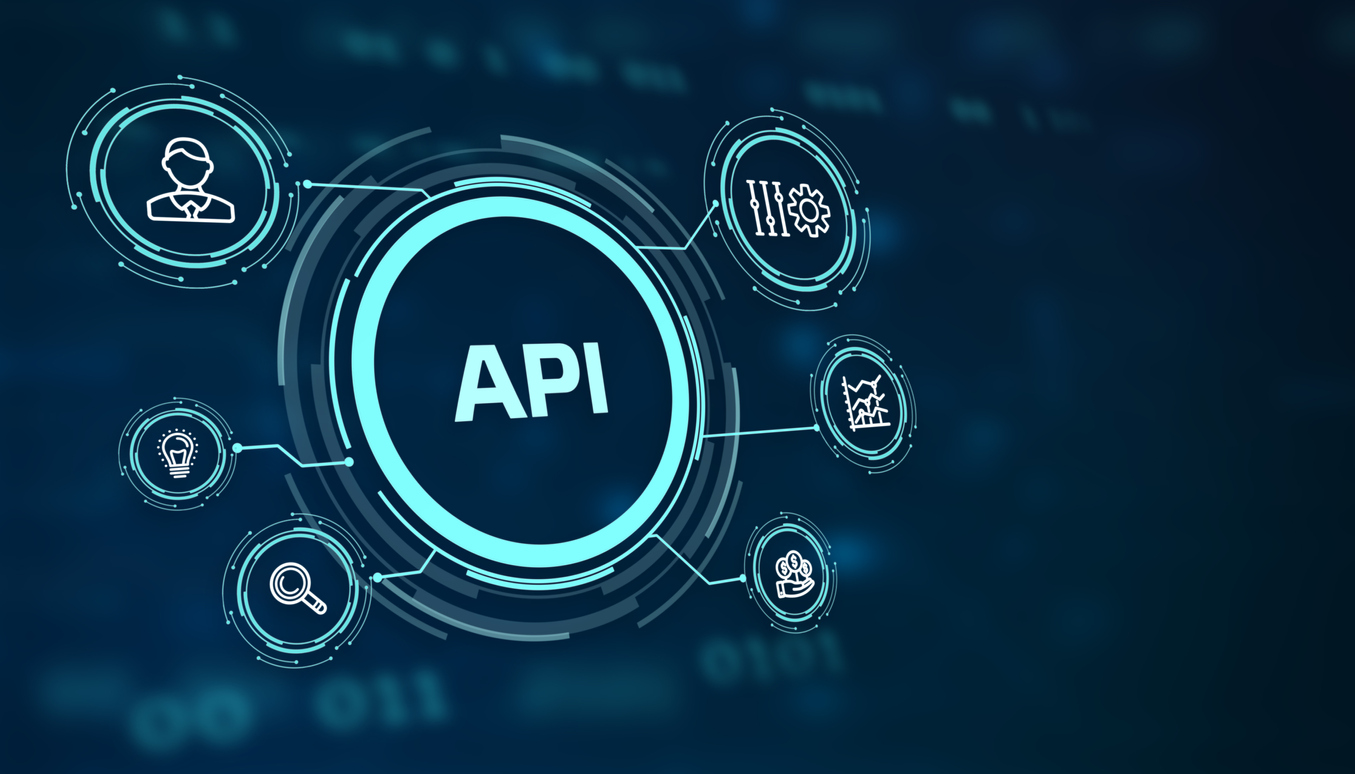Affirm produced a solid earnings report with 48% revenue growth and the company now has more than 17 million active customers
Mexican fintech Kueski announced a partnership with Amazon to offer BNPL on its marketplace, a first for the retail giant in Mexico.
Advances in embedded lending provide better options for consumers and higher sales with more certainty for merchants. It's a win-win.
As B2B payment technology catches up to other areas of fintech, TreviPay CEO Brandon Spear said exciting trends are emerging. In late 2023, TreviPay released the B2B Buyers Payments Preference Study. It updates similar research conducted in 2019.
Plaid is becoming the glue that connects so much in financial services. Here is a rundown of just some of their recent developments.
Lenders’ delinquency strategy must be rooted in an “empathy-first” model to support customers in experiencing hardship. Customers in distress need support and resources, not shame.
Fraud is a significant challenge for lenders, impacting both operational efficiency and financial stability. Legacy methods for detecting fraud are proving to be inadequate in the face of new techniques, so AI-powered detection is needed.
Silicon Valley Bank is still open for business for fintech companies. In many ways, even though it is now part of First Citizens Bank, it is very similar to what it was before, at least from a fintech perspective.
Neu’s path to success will produce financially literate college graduates and a strong bottom line. The journey began in late 2023 with the release of the Neu Card, whose attributes include no late fees and interest charges, a maximum $1,000 spending limit, no Social Security number required, and no credit history or cosigner required.
With community banks pulling back on lending to small businesses vertical software platforms are filling the void. They provide software, of course, but are increasingly also providing access to capital.










